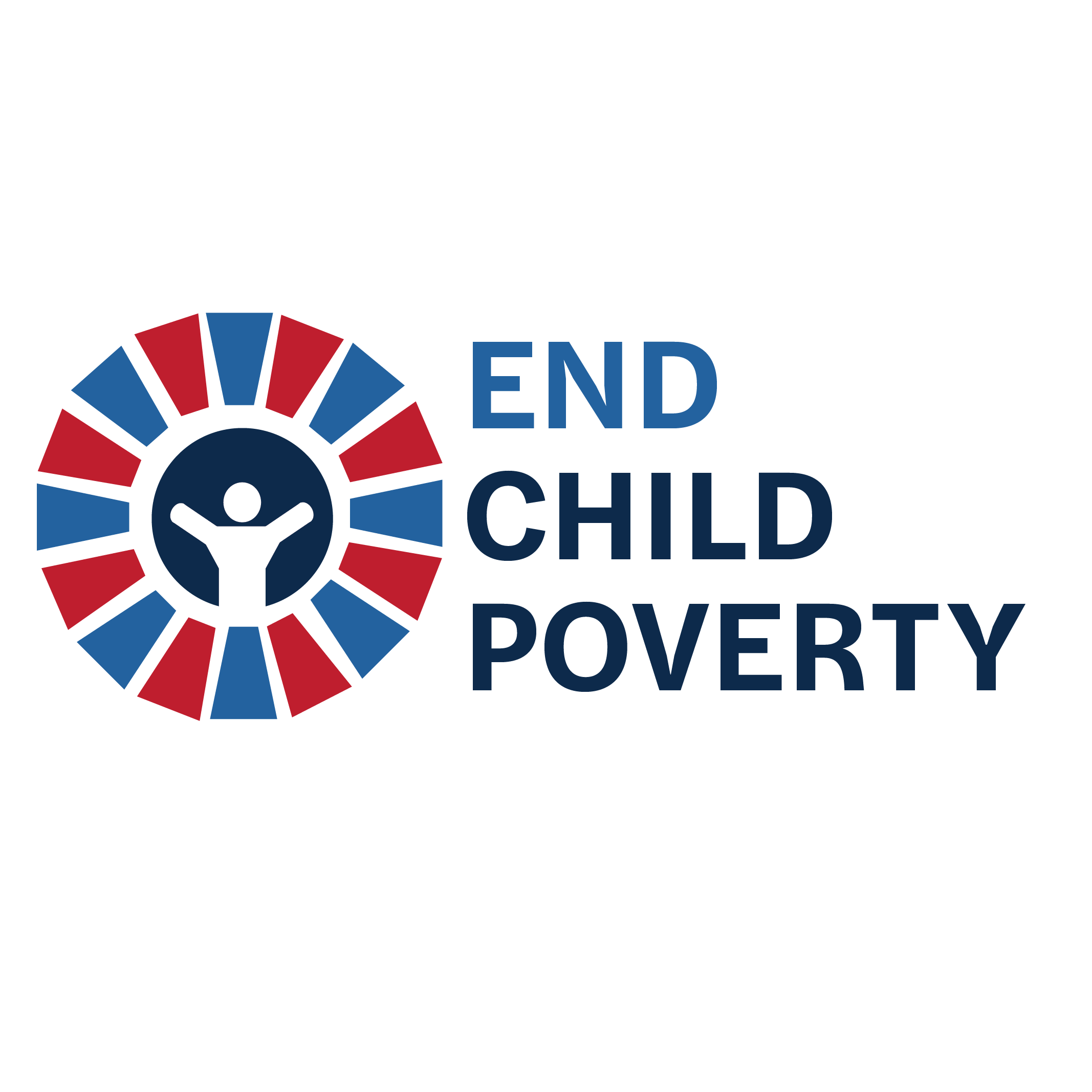Statement: CPAG Responds to OMB Proposal on New Poverty Calculation
The U.S. Child Poverty Action Group, a partnership of child advocates dedicated to ending child poverty, stands opposed to a recent proposal being explored by the U.S. Office of Management and Budget to enact a new poverty calculation that would underestimate the number of children living in poverty and result in millions of children losing access to resources that support their healthy child development.
Children continue to disproportionately experience poverty in the U.S. While they make up 23 percent of the population, they comprise 32 percent of the population living in poverty. A recent landmark study from the National Academy of Sciences confirms that child poverty remains high in the U.S. and there is a direct causal link between poverty and negative outcomes for children’s healthy development.
This proposal seeks to change the rate of inflation used to calculate the poverty threshold for the Official Poverty Measure each year. The Official Poverty Measure is already unrealistically low and families living at the poverty line cannot meet their basic needs. A switch from the current measure of inflation to one that measures inflation at a lower level would mean that over time the poverty line, already inadequate, would become even less realistic and our official estimate of the number of children and families living in poverty would become even less accurate.
Children stand to be the biggest losers from this change. Eligibility for many critical anti-poverty programs primarily serving children depend on their income in relationship to the poverty threshold as determined by the Official Poverty Measure. If implemented, over time this proposal would result in millions of children being denied access to healthcare, nutrition assistance, early childhood education, heating assistance and other resources that have both short- and long-term positive impacts on child well-being.
The U.S. Child Poverty Action Group believes that all children deserve the chance to reach their full potential. Yet as we approach the third decade of the twenty-first century, the inequality gap in our nation continues to grow with children at the forefront. This proposal would only serve to further widen that gap and is the absolute wrong direction for our nation’s children.
First Focus on Children
American Federation of Teachers
Center for the Study of Social Policy
Child Welfare League of America
National Association for the Education of Young Children
National Center for Children in Poverty
National Diaper Bank Network
National Prevention Science Coalition to Improve Lives
National WIC Association
Partnership for America’s Children
Save the Children Action Network
ZERO TO THREE
